Kremlin confirms US-Russia crisis hotline inactive amid rising tensions
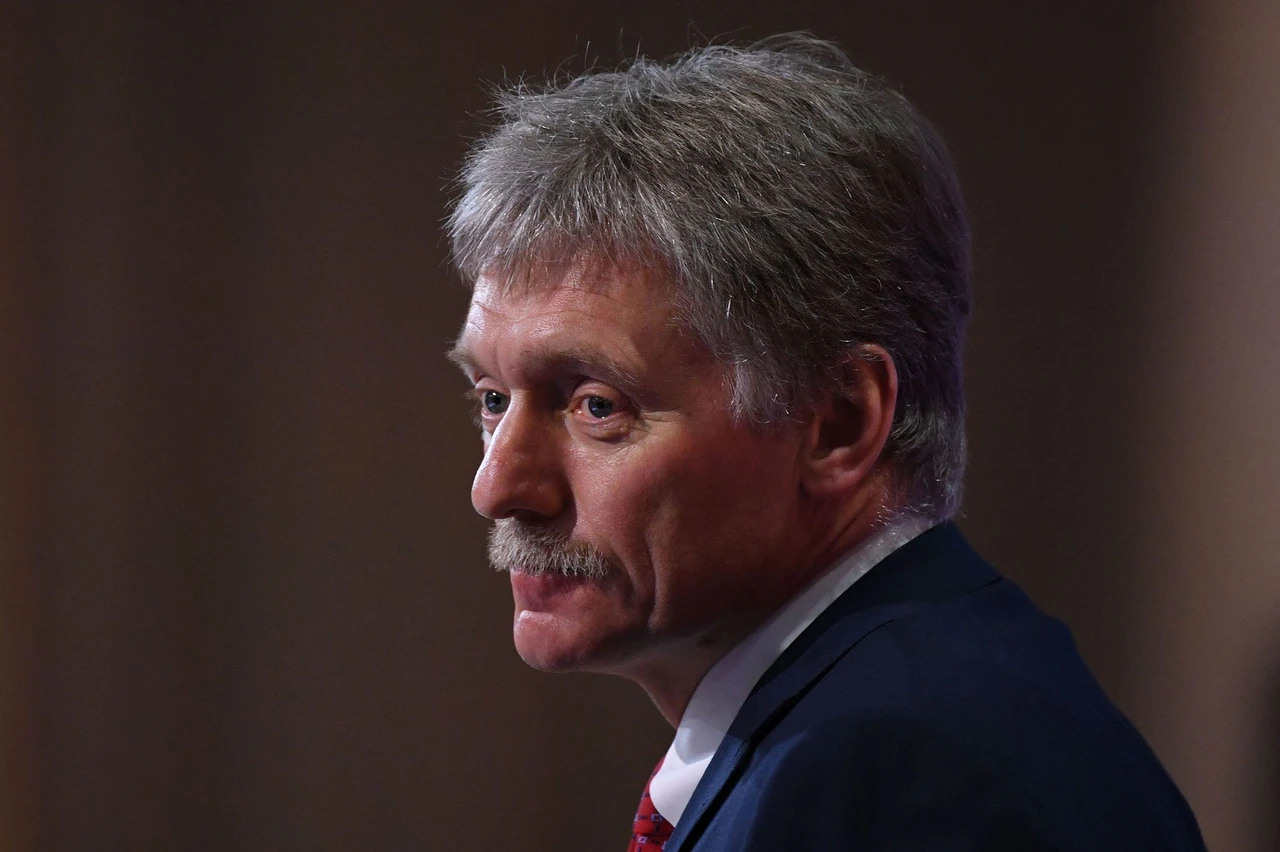 Kremlin spokesman Dmitry Peskov (AFP Photo)
Kremlin spokesman Dmitry Peskov (AFP Photo)
Kremlin spokesperson Dmitry Peskov told Russia’s news agency RIA-Novosti that the special hotline between Moscow and Washington, designed to manage crises, is currently inactive.
This comes as tensions escalate following Ukraine’s use of U.S.-supplied weapons for strikes within Russian territory.
Key developments
- Expanded nuclear policy: Russian President Vladimir Putin recently lowered the threshold for deploying nuclear weapons, citing the need to respond to a broader range of conventional attacks.
- Ukraine’s use of ATACMS missiles: On the war’s 1,000th day, Ukraine used U.S.-supplied ATACMS missiles in strikes against Russian targets. The strikes were permitted by the outgoing Biden administration.
- Hotline status: Peskov confirmed that the secure communication line between the U.S. and Russian presidents remains operational but is not currently in use.


Historical significance of hotline
Established in 1963 after the Cuban Missile Crisis, the hotline was designed to prevent misunderstandings that could lead to nuclear conflict.
Despite its significance, it has not been utilized during the current period of heightened tensions.
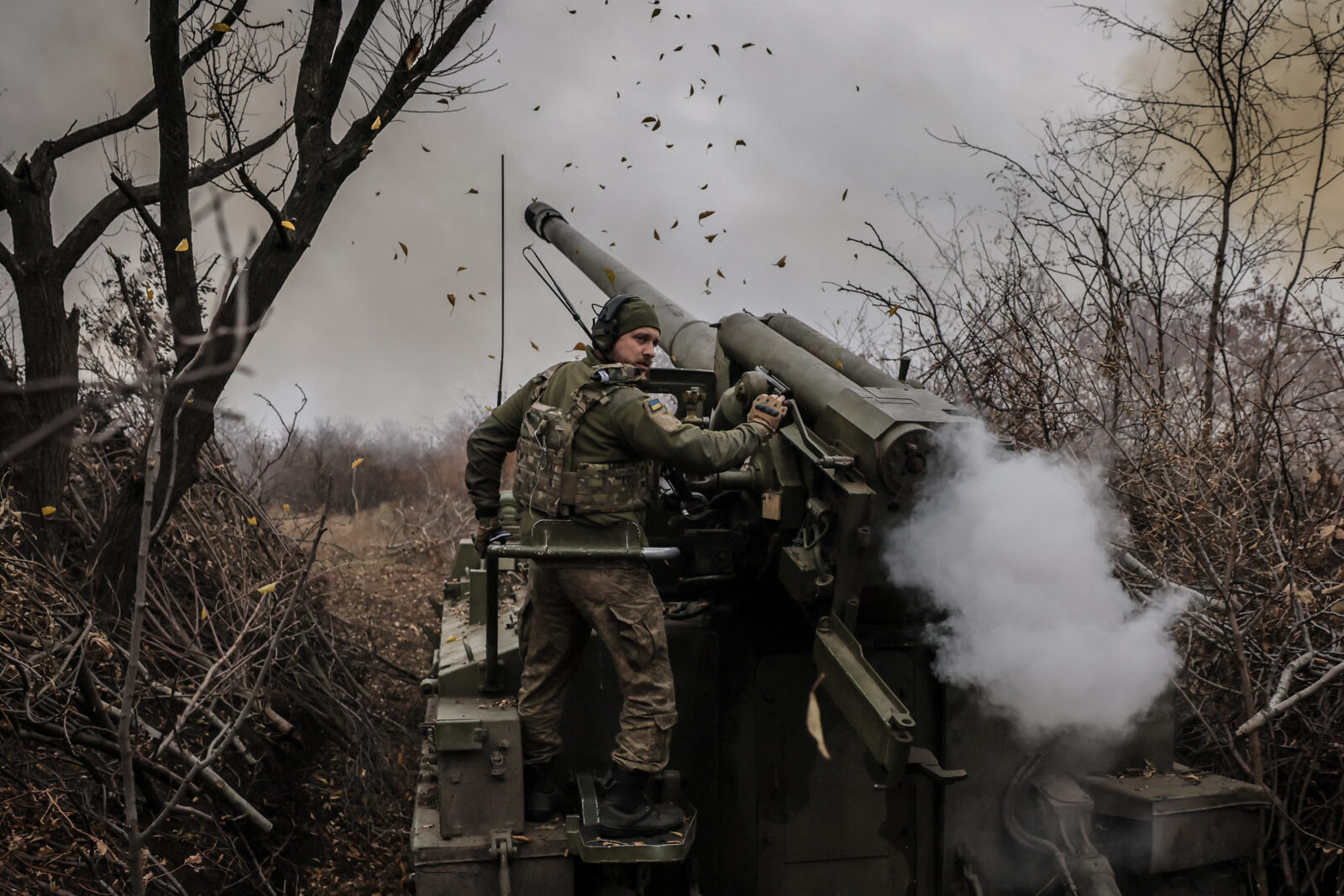
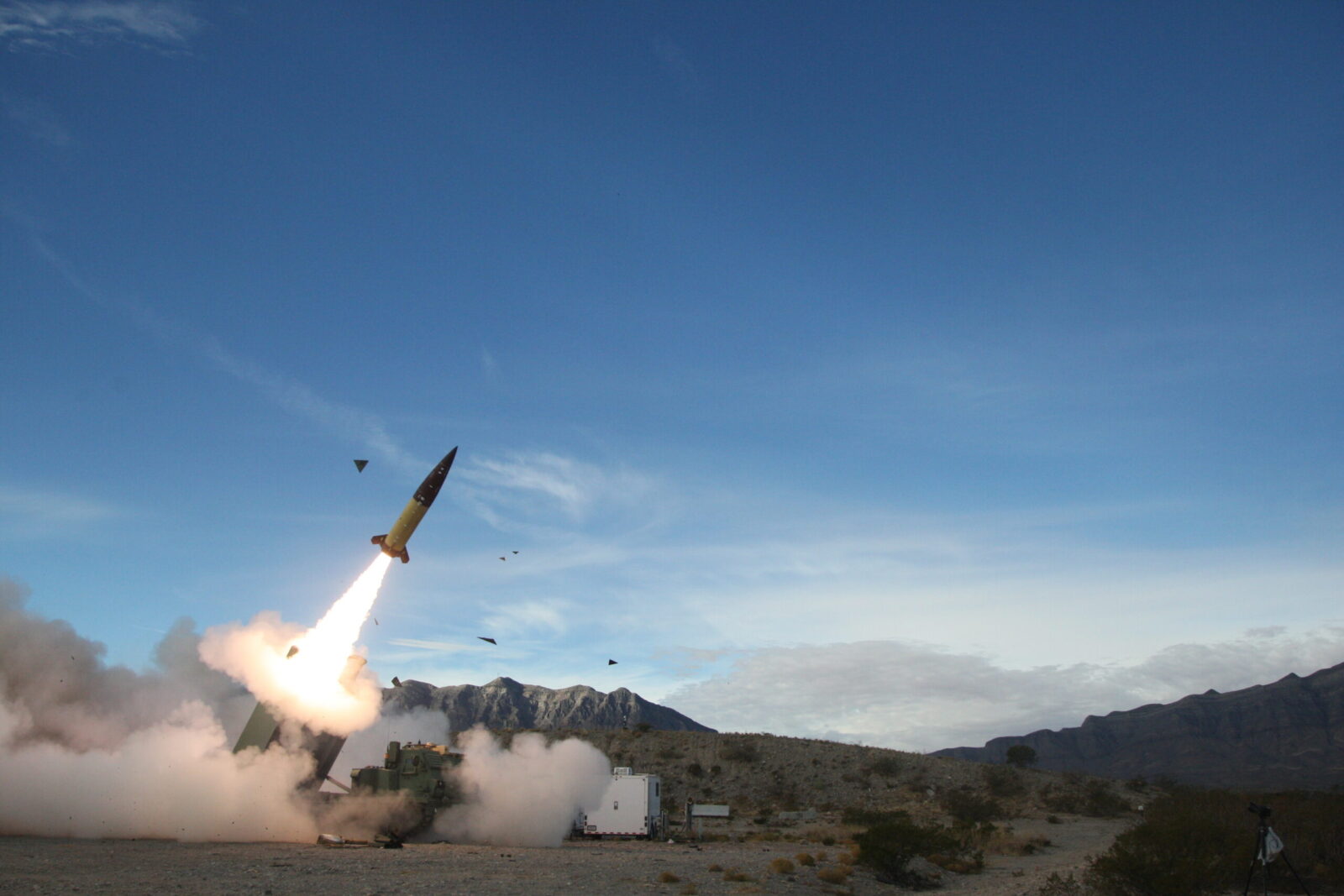

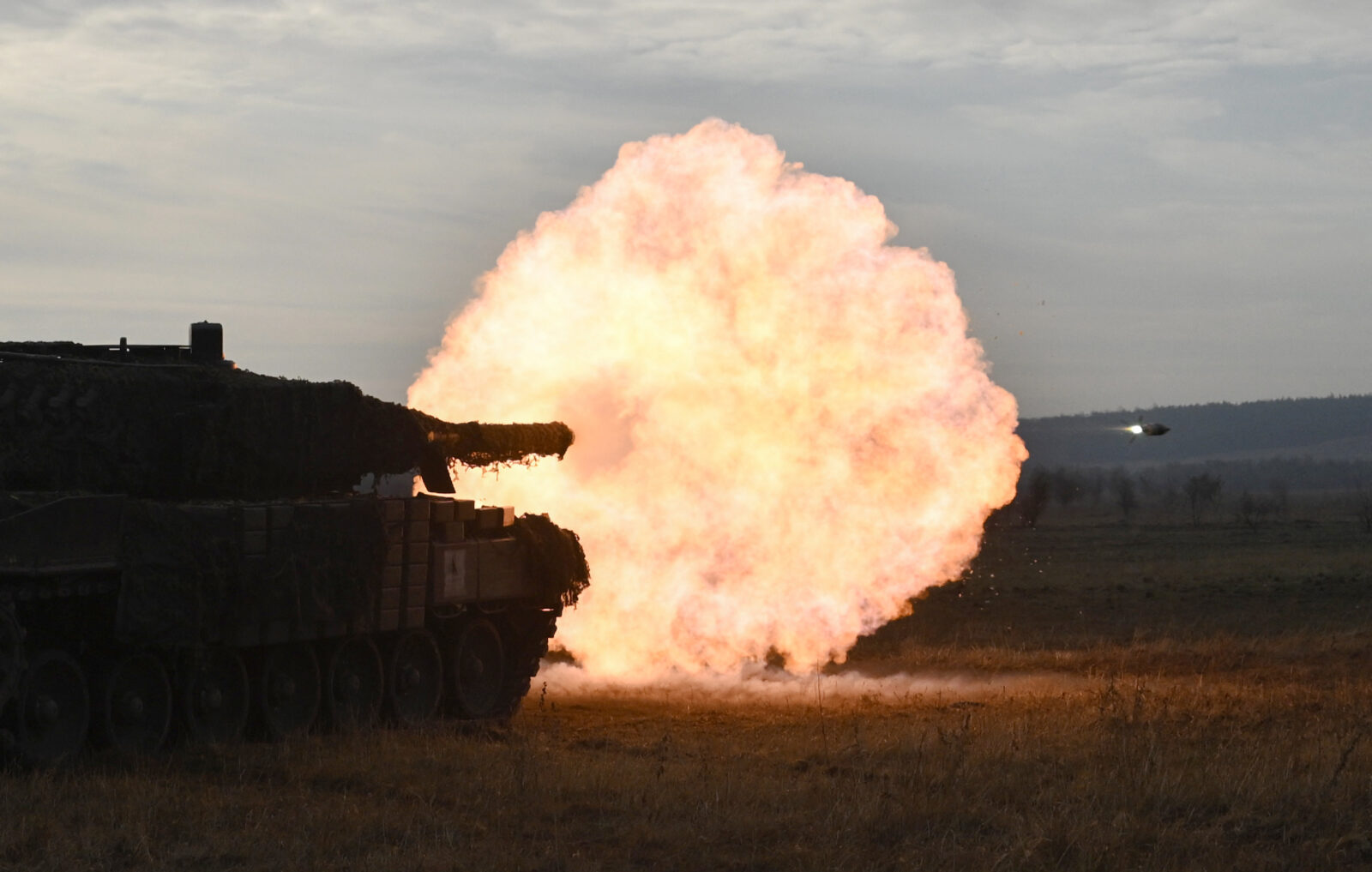
Escalation in Russia-Ukraine war
- Kremlin’s accusations: Moscow condemned the West for escalating the conflict by enabling Ukraine to strike deep into Russian territory, calling the move a deliberate provocation.
- Risk of retaliation: Russian officials warned that U.S. operational support for these strikes could make Washington a direct participant in the conflict, increasing the risk of retaliation.
- Strategic objectives: The Kremlin accused Western nations of seeking a “strategic defeat” for Russia, using Ukraine as a tool to achieve their goals.
Kremlin’s nuclear doctrine
The Kremlin reiterated that its nuclear weapons are intended strictly for deterrence.
The Kremlin stated that its updated nuclear doctrine emphasizes the inevitability of retaliation against any attack on Russian territory.
Russian diplomats likened the current standoff to the 1962 Cuban Missile Crisis, cautioning the West against underestimating Russia’s determination to protect its interests in Ukraine.
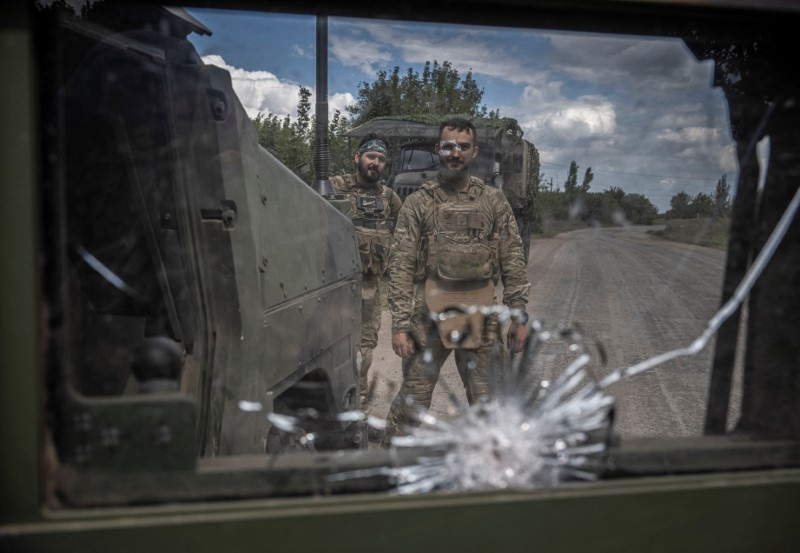
Humanitarian toll
The conflict, which began with Russia’s full-scale invasion in February 2022, has devastated Ukraine, displacing millions and killing thousands, most of whom are civilians.
Ukraine continues to advocate for advanced weaponry to target Russian military infrastructure—a strategy Moscow views as a critical threat.



